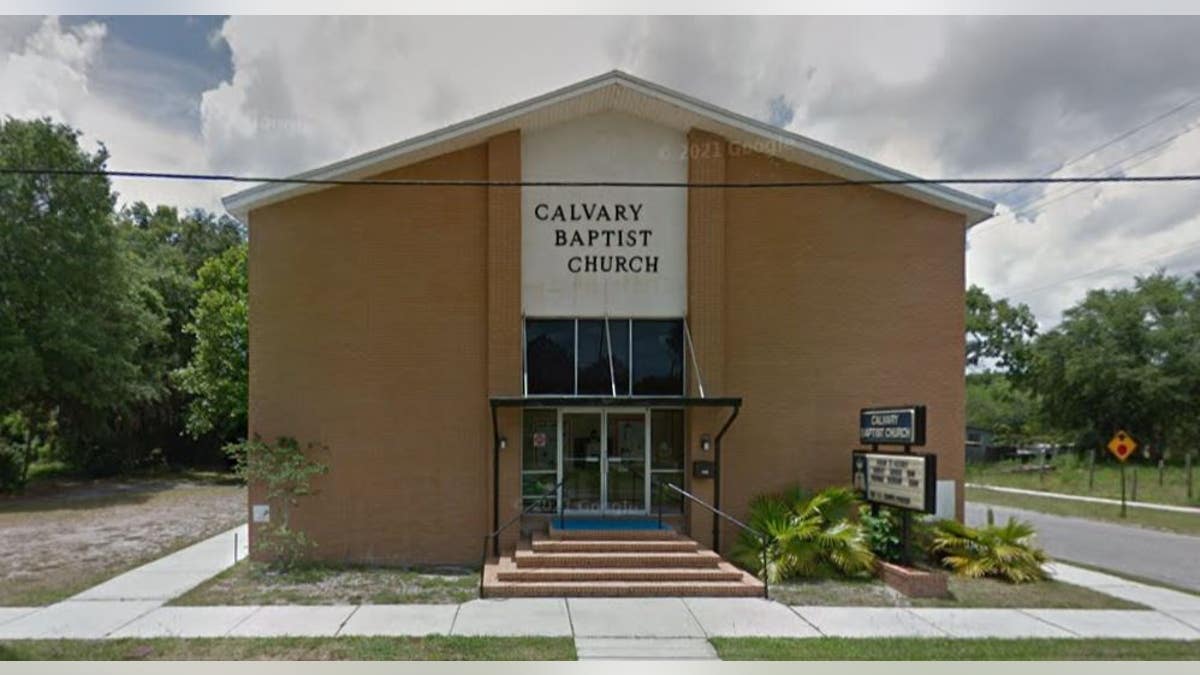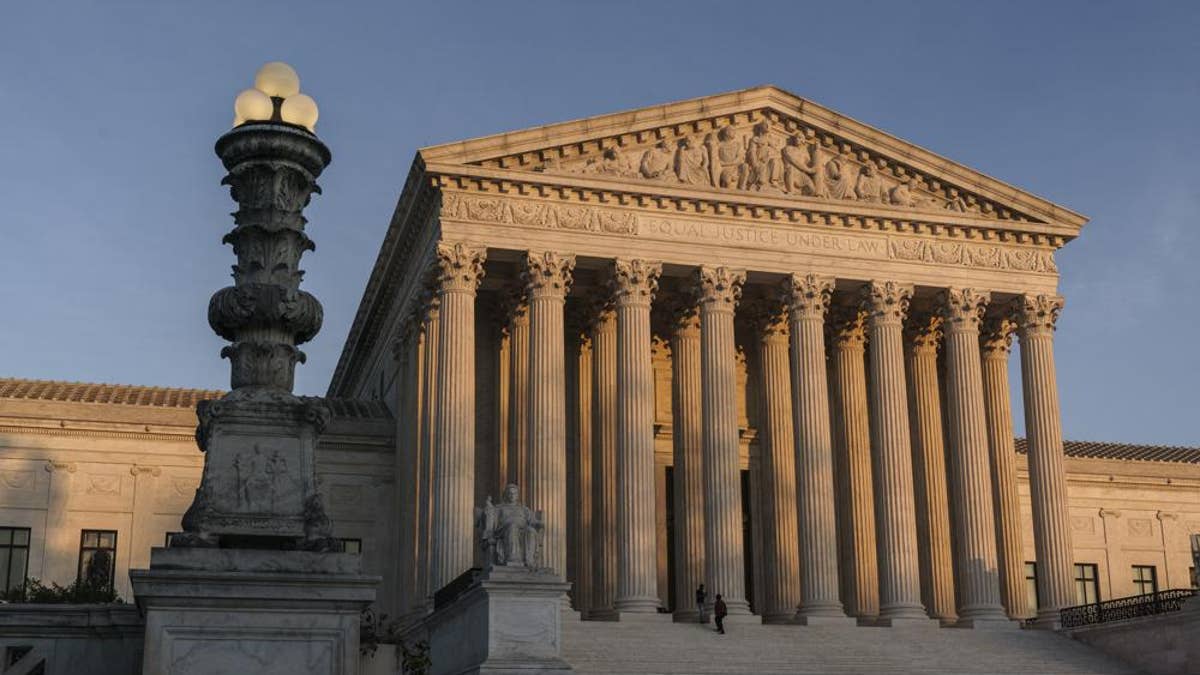Hannity - Tuesday, May 24
On today’s episode of ‘Hannity’, Sean Hannity reacts to a mass shooting at an elementary school in Uvalde, Texas killing 18 children and one adult. Plus, the latest numbers in Pennsylvania Senate GOP Primary.
FIRST ON FOX: The religious freedom firm First Liberty sent a letter Tuesday to the City of Palatka, Florida, defending the use of public funds to restore a church's Olympic-sized pool after a secularist group claimed the move would violate the First Amendment's Establishment Clause.
"The Establishment Clause of the First Amendment to the U.S. Constitution permits religious organizations to receive generally available government benefits like the funds at issue here," Keisha Russell and Ryan Gardner, lawyers with the firm First Liberty Institute, wrote in the letter, provided to Fox News Digital.
"Moveover, the Free Exercise Clause forbids the type of religious discrimination proposed by [the Freedom From Religion Foundation] FFRF whereby otherwise qualified religious organizations would be excluded because of their religious character or identity," they added in the letter.
The First Liberty lawyers represent Calvary Missionary Baptist Church, which recently applied for a $35,000 grant to restore the indoor, junior Olympic swimming pool located in its Family Life Center in order to reopen the pool freely for the community's use and enjoyment.
FFRF had previously sent a letter warning that the grant would violate the Establishment Clause. "The Center would undoubtedly use its pool to entice those in the community to come to the Center where it could then recruit them to join the Church," FFRF staff attorney Christopher Line wrote in the letter, dated May 11.

Family Life Center in Palatka, Florida.
"While we certainly understand why the City would see value in helping to provide a pool for its community, it cannot use city funds to essentially repair a church’s pool," Line wrote. "Taxpayer funds should not be used to help a church recruit the City’s children, and the Church’s request should be denied."
"Our Constitution’s Establishment Clause—which protects Americans’ religious freedom by ensuring the continued separation of religion and government—dictates that the government cannot in any way endorse religion," the FFRF attorney argued. He claimed that the Constitution prohibits any "sponsorship, financial support, and active involvement of the sovereign in religious activity," citing Walz v. NY Tax Commission (1970, along with Tilton v. Richardson (1971) and other cases.
The First Liberty lawyers cited a more recent Supreme Court case, Trinity Lutheran Church of Columbia v. Comer (2017), in which a Christian church had applied for a generally available grant program to help resurface its playground, claiming that the benefits of a new playground surface would extend "to the local community."
The Court ruled that the government could not require the church to be "put to the choice between being a church and receiving a government benefit." Russell and Gardner argued that the case is directly applicable to Calvary Missionary.

Calvary Missionary Baptist Church in Palatka, Florida. (Google Maps)
The First Liberty lawyers faulted FFRF for ignoring this and other relevant cases, while claiming that "none of the cases cited by FFRF are controlling here."
One of the cases FFRF cited, Tilton v. Richardson, "actually upheld neutral one-time grants to construct buildings at religious and non-religious colleges." The lawyers argued that the Wirtz case does not apply to Calvary Missionary because "it involved the sale of government property to a Catholic high school
for below-market value, not an application for a neutral government benefit."
Furthermore, many of the cases FFRF cited, including Wirtz, applied the three-part test the Court constructed in Lemon v. Kurtzman (1971), a test which the Supreme Court "no longer applies" to cases examining "government benefits and tax exemptions that go to religious organizations," as Justice Brett Kavanaugh explained in his concurrence in American Legion v. American Humanist Association (2019).

The Supreme Court (AP Photo/J. Scott Applewhite, File)
Rather than violating the First Amendment by granting the money to Calvary Missionary, Palatka would violate it by denying the grant due to the church's religion, the First Liberty lawyers claimed.
CLICK HERE TO GET THE FOX NEWS APP
"Significantly, government neutrality means that the state cannot use its powers to handicap or otherwise treat religious organizations with hostility," they wrote. "Thus, consistent with this mandate of neutrality, the Supreme Court has long held that the Establishment Clause permits religious organizations to receive generally available government benefits."



